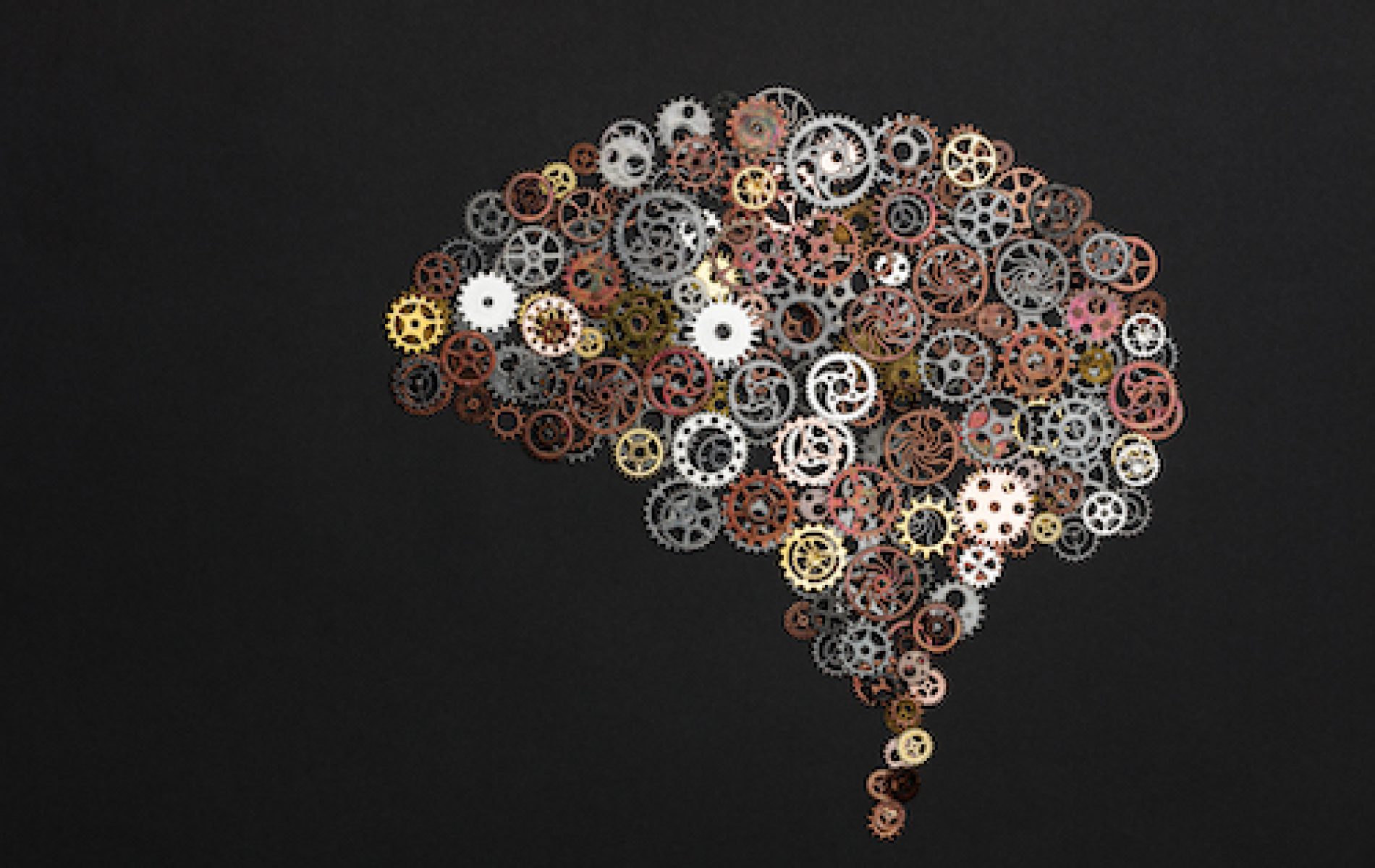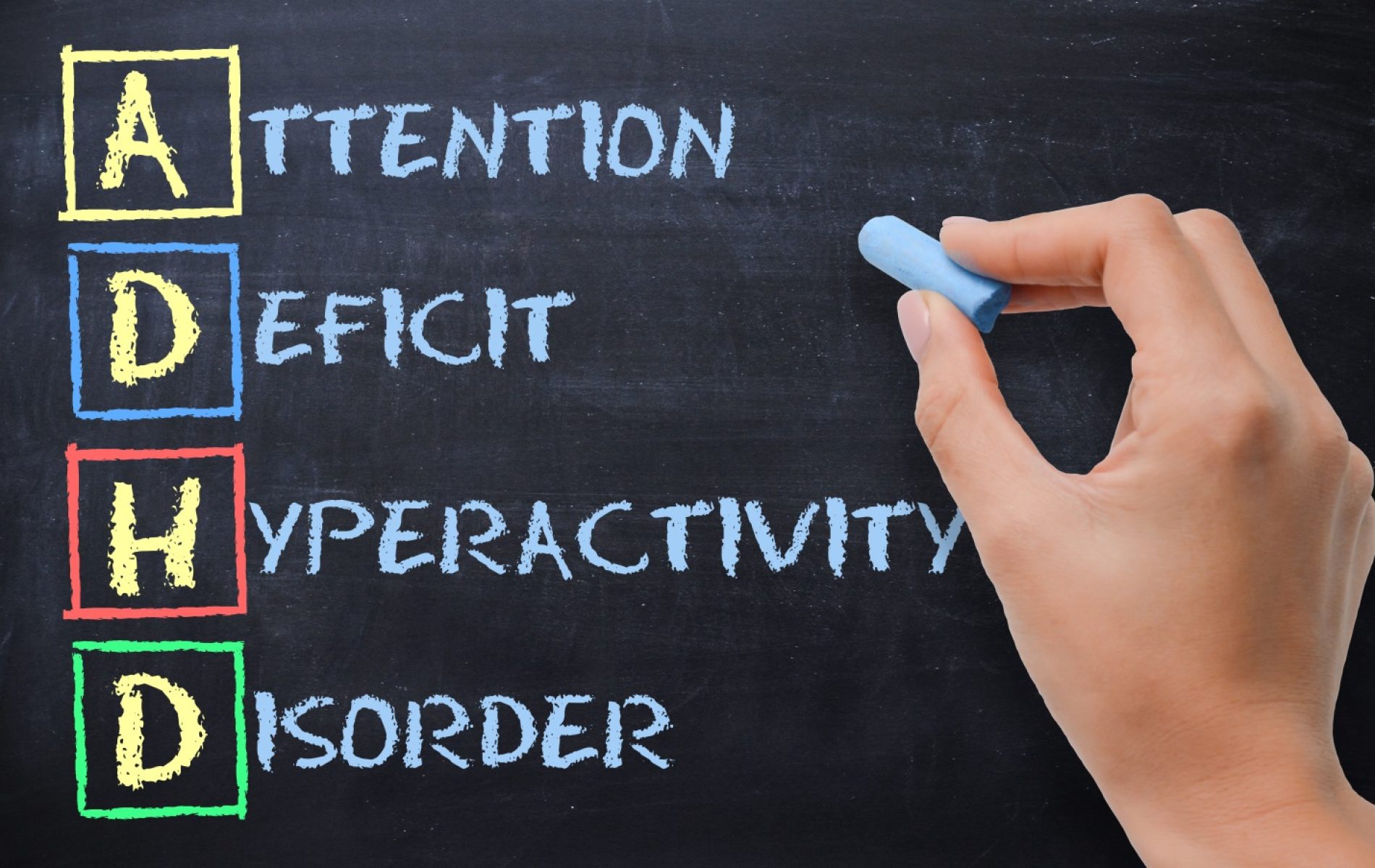What Brain Fitness Does for Mental Health
Neuroscience reports that our brain function peaks between ages 16 and 25, then cognitive decline begins. Well, that’s that. It’s all downhill from here.
Cheer up! Brain Fitness Programs to the rescue.
President John F. Kennedy focused the country’s attention on increasing physical fitness in the 1960s. Most of us grew up learning about the importance of exercising our bodies. Little effort has focused on exercising our brains.
Neuroscience is looking at how to maintain brain structure and function as we age. Baby Boomers make up 22.9% of our population. As they age, our society is facing increased rates of Alzheimer’s Disease and other neurologic problems.
11 Reasons to Focus on Brain Fitness
How do you picture life in your golden years? Focusing on brain fitness can result in the following life-improving effects.
- Quicker thinking: “It’s on the tip of my tongue.”
- Energy to try new things: “I’ve always wanted to try that and never had time.”
- Improved memory: “I recognize his face, but I can’t remember his name.”
- Increased ease of word finding: “Uh…….”
- Ongoing ability to create and complete task lists. This improves self-esteem and independence.
- Improved hearing: socialization often suffers when communication is difficult. This is especially true in restaurants, church, and other gathering places.
- Better vision: once again, increases independence. Individuals are able to participate in hobbies, work, and entertainment.
- Enhanced self-confidence: “I am not too old for this.”
- Faster reaction time: this can be important for your safety and the safety of others.
- Improved mood promotes social interactions and increased independence.
- Safer driving: this allows for extended eligibility to maintain your driver’s license. This can be the result of improved vision and reaction time.
How Can I Increase Brain Fitness?
Enhancing brain fitness begins early in life. Experts have looked at the lifestyles and health factors of people with higher cognitive function later in life. Programs are now available to decrease the loss of mental function in later years.
Formal education, not using tobacco, and staying physically fit are examples of good lifestyle choices. Optimizing your physical health is an important factor. Following your doctor’s orders in treating disease states such as hypertension, diabetes, and body weight can decrease the incidence of Alzheimer’s Disease and other cognitive disorders.
Physical Exercise’s Role in Improving Brain Fitness
Physical exercise is important for all individuals of any age. When you choose an activity that you enjoy, you increase the chance that you will stick with the activity. Maintaining an exercise program over time is an enormous challenge for most people.
Walking is one popular form of exercise. Excluding the cost of proper shoes, this activity is free and available at any time of the day. This can also increase social interactions, especially if you are walking your dog.
The brain physically changes in people who walk on a regular basis. Walking increases blood circulation to the brain. The body releases endorphins which interact with receptors in the brain and produce an analgesic effect.
People who walk one mile a day have reported decreased pain and elevated moods.
The Benefits of Dance to Improve Brain Fitness
Dancing can reverse signs of brain aging. While all types of physical exercise are beneficial for the body and the mind, dance may offer added benefits.
One study published in Frontiers in Human Neuroscience included volunteers who were approximately age 68. They received an 18-month exercise program to follow once a week. One group participated in traditional endurance and flexibility training such as cycling or Nordic walking.
The dance group tried new dance combinations from many genres every week. Fresh learning challenges, including different arm movements and varying speeds of music.
Different step patterns and formations every week kept participants on their toes. The hardest part was recalling dance routines under pressure of time and without help from the instructor.
Both groups showed improvement in parts of the brain associated with mental decline. The dance group also demonstrated improved balance which enhances activities of daily living.
Intellectual Exercise to Maintain Brain Fitness
Studies have shown that remaining intellectually active is beneficial to brain health. One report in the Lancet, a British Medical Journal, states that staying in school past the age of 15 reduced the risk of developing dementia later in life by 8 percent.
Mentally stimulating activities such as hobbies that allow you to use your creative skills keep the mind more active. Volunteering to work with youth groups or helping with children’s activities taps into many skills that might otherwise be lost.
A study published in the Journal of Psychosocial Nursing and Mental Health Services found that people who regularly participated in mind challenging activities scored higher on cognitive tests. Playing games and working puzzles stimulates the release of dopamine. Dopamine is a brain chemical that increases learning and memory.
Our brains benefit most when we vary the mental exercises and keep as many neurons firing as possible.
Importance of Social Networks in Maintaining Brain Fitness
We are social creatures. It is important to thrive and survive. Isolation triggers behavioral and biological processes leading to loneliness and early death.
Taking measures throughout your life to prevent hearing and vision loss can be a key factor in maintaining social interaction. These impairments often lead to more isolation due to the difficulty in communicating with others.
Find groups of people with which you share a common interest. Take the big step and take part on a regular basis. This can lead to increase mood, self-esteem, confidence, and life satisfaction.
Good News! We Can Take Measures to Ensure a Long, Productive, and Independent Life
Begin working on physical and brain fitness now. Don’t wait. Studies suggest that both physical fitness and cognitive stimulation increase brain reserves. Studies suggest that both physical fitness and cognitive stimulation increase brain reserves. This increases your brain’s ability to higher levels of insult before damage occurs.
We also now know that varied cognitive training can improve memory even in those who have started to exhibit signs of mild mental decline. You can, in fact, teach an old dog new tricks. Scientists report that you can still grow new neurons and improve your brain fitness when the program is tailored to your individual needs.



